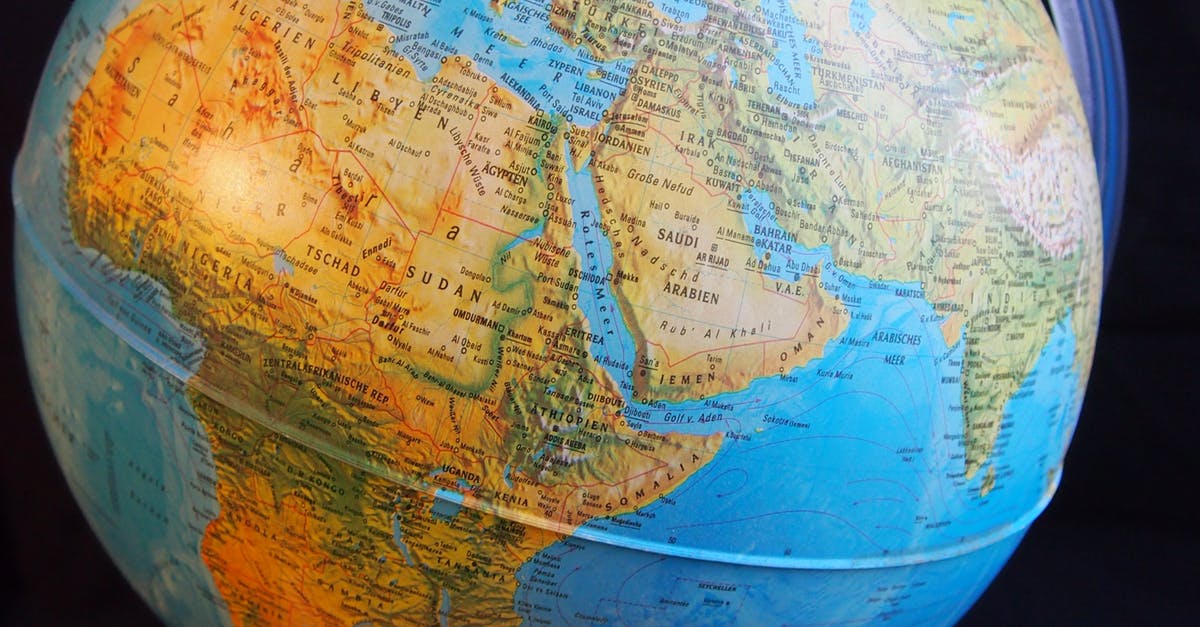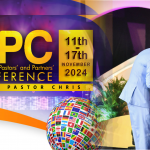
At the Open for Growth event on the G8 agenda of transparency, Prime Minister David Cameron, host of this year’s G8 Summit cited the 2013 Africa Progress Report in his speech. He made reference to the section of the report that tackles the shameful disparity between the wealth of resource-rich countries in Africa and the excessively high child mortality rates in these countries.
The Paradox
Such is the paradox at this stage of sub-Saharan Africa’s developmental trajectory. How can so much wealth and poverty exist side by side? The answer to the “how” was succinctly captured in President Alpha Condé frank and straightforward blog entry on the Guardian’s Poverty Matters blog where he stated:
“Making these assets work for all our people rather than a few unscrupulous international mining companies and politicians means confronting the deeply ingrained corruption in our politics and business. But uprooting such corruption can be painfully slow, and is often dangerous. After all, vested interests do not welcome challenge”.
The Problem
President Alpha Condé illuminates the dark truth about corruption in sub-Saharan Africa. It is sustained by forces within the state and outside it who have powerful interests that they will defend at all cost. It is the offspring of a diabolical marriage between local African politicians and powerful entities in the international private sector (Multinational/Transnational corporations)—in this specific case, mining corporations. These conniving thieves for lack of a better word take advantage of loopholes in the weak international economic system that favors the rich to rob, pillage, and rape entire populations—leaving behind them among other evils a trail of death in the form of high child and maternal mortality rates. Dan Gertler named the merchant of death and his network of companies that have impoverished the Democratic Republic of Congo fall within this category. Forbes magazine dubbed him, “An emerging face of irresponsible capitalism in Africa”. Gertler and others like him get enriched whiles Africa bleeds to death literally and financially. Examples of these alleged shady deals can be read about here and HERE The Global Witness had the following to say about Gertler and the DRC:
Between 2010 and 2012, the Congolese state sold off major mining concessions in secret and at prices steeply below market value, losing out on at least $1.36 billion in the process – equivalent to twice the country’s health and education budgets combined. Rather than the state collecting most of the profits from these deals, the bulk of the money instead went to a series of offshore companies. These companies are mostly registered in the British Virgin Islands and are linked to Dan Gertler, a businessman and friend of President Joseph Kabila.
The offshore companies sometimes paid under five per cent of market valuation for their mining rights, before striking immensely profitable deals with international companies. If the state had dealt directly with the international companies, Congo could have kept the profits for itself.
Such secretive deals that short-change Africa must stop NOW!
Somebody must speak up. Kudos to Global Witness and others like them who are doing this. It is good to know the host of this year’s G8 summit is attempting to speak up in the form of the 3Ts initiative. Understandably the lack of transparency that aids illicit outflows of massive sums does not only affect Africa but also rich nations. And as the Executive Director of the Africa Progress Panel Secretariat, Caroline Kende-Robb, has pointed out on the World Economic Forum blog, the cost of tax evasion and avoidance in these times of austerity is also high for rich nations so its in their interest to do something about it. But will they? Are they themselves not hosts to tax havens? Aren’t the political campaigns of some of their leaders paid for from monies accrued from duping African nations? The jury is out on the matter!
Transfer mispricing
The 3Ts’ initiative covering trade, tax, and transparency is definitely not the popular stand to take especially when crooked politicians and unethical transnational corporations with huge lobbies and infinite resources stand to be the losers. By one estimate from the Executive Director of the Overseas Development Institute, “Trade mispricing [which is a form of tax avoidance is…] – a practice that facilitates the shifting of profits to low-tax jurisdictions {i.e. tax havens}– costs developing countries in excess of US$550bn annually: more than five times annual aid flows. This annual US$550bn is just the tip of the iceberg. It refers to only one type of tax avoidance namely Trade mispricing. If we were able to calculate the leakage from all other forms of tax avoidance plus tax evasion, I wager the figure would be colossal.
How many lives could we save if these leakages could be plugged with regulations that make such illicit transactions difficult to make. If these leakages were minimized, how many children would live past their fifth birthday? How many mothers would have the opportunity to return home from the hospital after giving birth? If even one child and one mother can be saved, then this drive for better transparency, tax, and trade would have been well worth it.
It is my hope that this year’s G8 is more than a talk shop. And that it actually backs talk with meaningful action. That would be such a great thing for our world because a lack of meaningful action is tantamount to a vote cast in favor of all the death and poverty wrought by the lack of it.
UPDATE after the G8 Summit:
The 2013 G8 did turn out to be one big talk shop with no meaningful solutions arrived at. It would seem the political will to precipitate positive change is still lacking.






